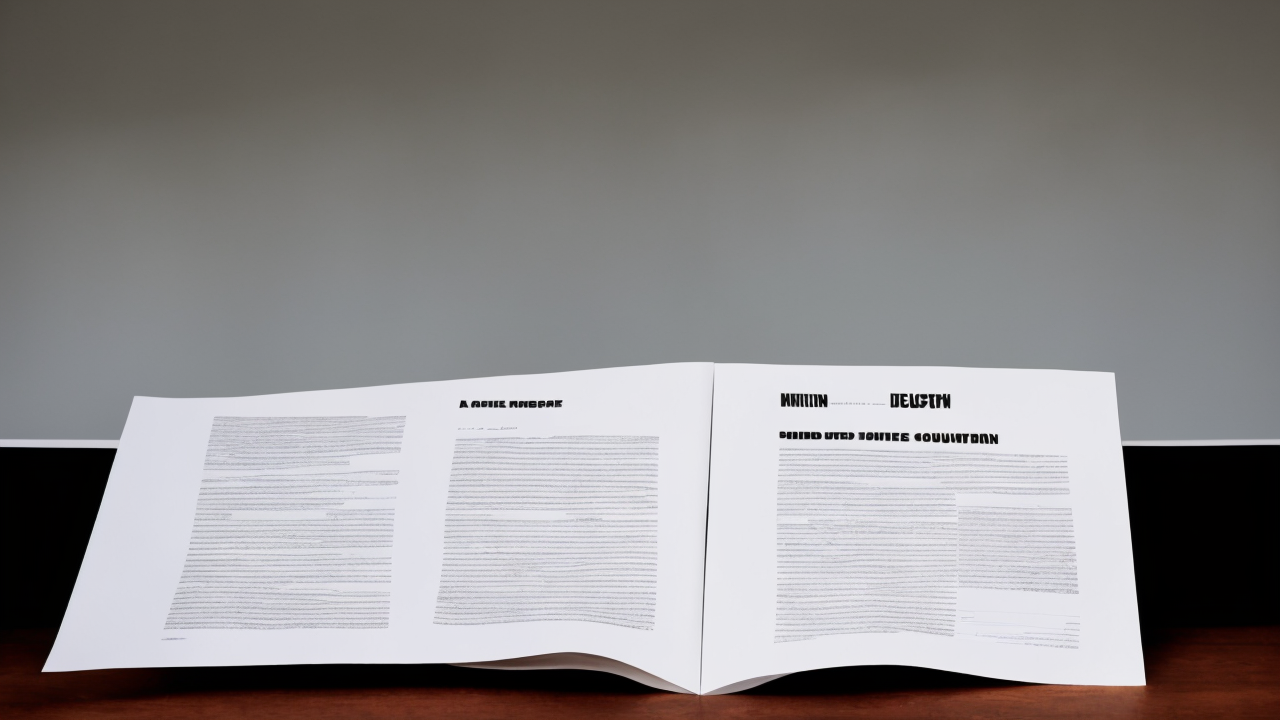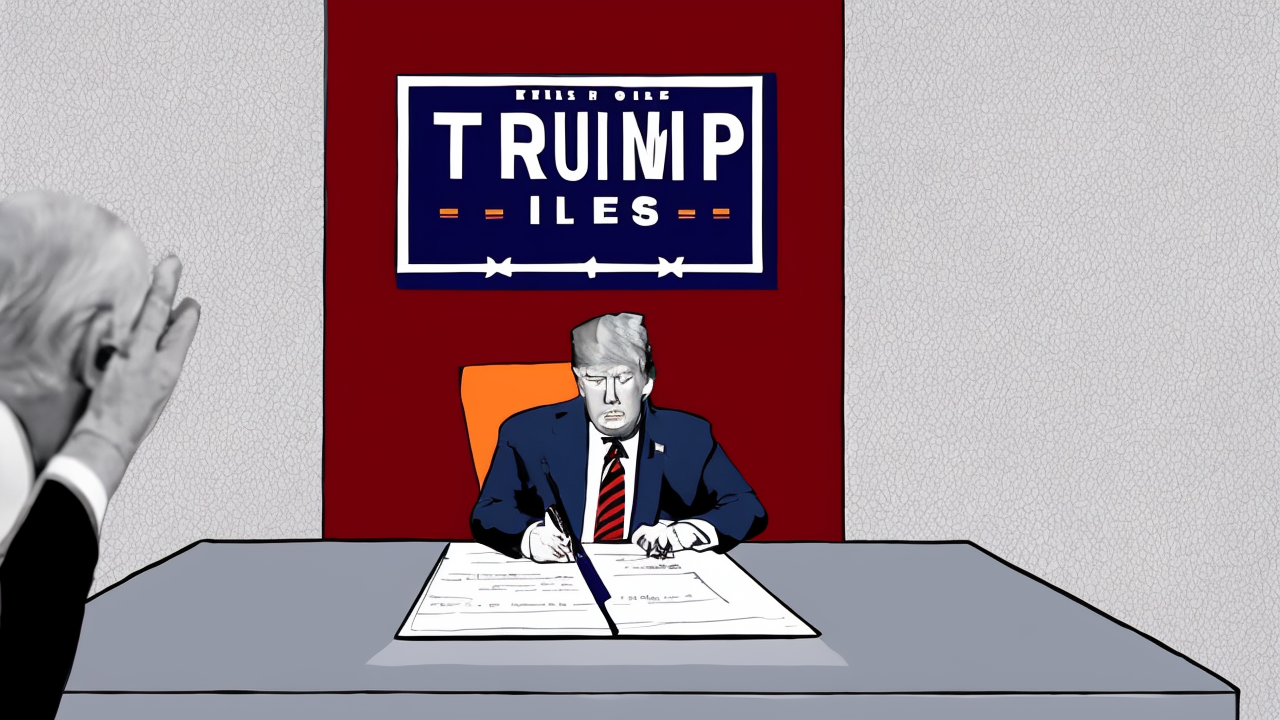The Epstein Files: Seeking Truth Without Losing Our Moral Compass

The U.S. House of Representatives recently passed the Epstein Files Transparency Act by a vote of 427 to 1, marking one of the most unified legislative moments in recent memory. With bipartisan support, lawmakers signaled a collective demand for answers about a case that has long haunted the public imagination. Jeffrey Epstein’s alleged crimes and the network of powerful individuals connected to him have fueled suspicion, fear, and frustration for years. The push to release the documents is rooted in a legitimate call for accountability—especially when the veil of secrecy has allowed rumors to grow unchecked.
Yet, with transparency comes responsibility. The lone dissenting vote came from Representative Clay Higgins, who raised a critical point often overlooked in the rush to expose: not all names in the files belong to the guilty. Among those mentioned could be family members, friends, legal representatives, or even individuals who reported suspicious behavior. Without proper safeguards, their lives could be upended by the unintended consequences of a public release.
House Speaker Mike Johnson echoed these concerns, noting that the Senate must address serious flaws in the bill’s current form. He emphasized the danger of exposing child sexual abuse material and the risk of identifying whistleblowers or confidential sources. These are not hypotheticals—they are real threats to safety and justice. The government has a duty not only to investigate wrongdoing but also to protect those who help uncover it.
The case of Jeffrey Epstein is not just about one man’s crimes. It is about what happens when power, secrecy, and privilege intersect. The public has a right to know if the justice system failed those who were harmed. But that right must be balanced with the principle that no one should be punished for being associated with a case unless proven guilty. Our legal system is built on due process, not public shaming.
True transparency is not about spectacle. It is about accountability with integrity. It means releasing documents that serve the public interest while protecting the vulnerable. That requires redaction, verification, and careful oversight. It means ensuring that the release of information does not become a tool for harassment or retraumatization.
The Senate now has a chance to shape the final version of the bill. It should not rush to pass a flawed measure simply because it is popular. Instead, it should craft a law that honors both truth and justice. This includes setting up a review board to vet documents before release, protecting minors and victims, and preserving the anonymity of those who came forward in good faith.
We must not allow the desire for answers to erode the very values we claim to defend—privacy, fairness, and compassion. The American people are not asking for chaos. They are asking for clarity, honesty, and a system that protects both victims and the innocent.
In the end, the Epstein Files are not just a matter of public curiosity. They are a test of our national character. Do we value truth at any cost? Or do we believe that justice must be fair, measured, and rooted in the rule of law?
Let us choose the latter. Let the release of information be guided not by outrage, but by wisdom. Let us demand transparency—but with a moral compass that never loses sight of the dignity of every human life.
Search entity: Epstein Files Transparency Act
Published: 11/18/2025








